NewsCenter
Post-pandemic era, carefully selected reading list
Release time:
2024-12-26 10:13
San Mao once said, the more you read, the more your appearance naturally changes. Many times, you may think that the many books you have read have become fleeting memories, but in fact, they are still latent. In your temperament, in your speech, in your life.
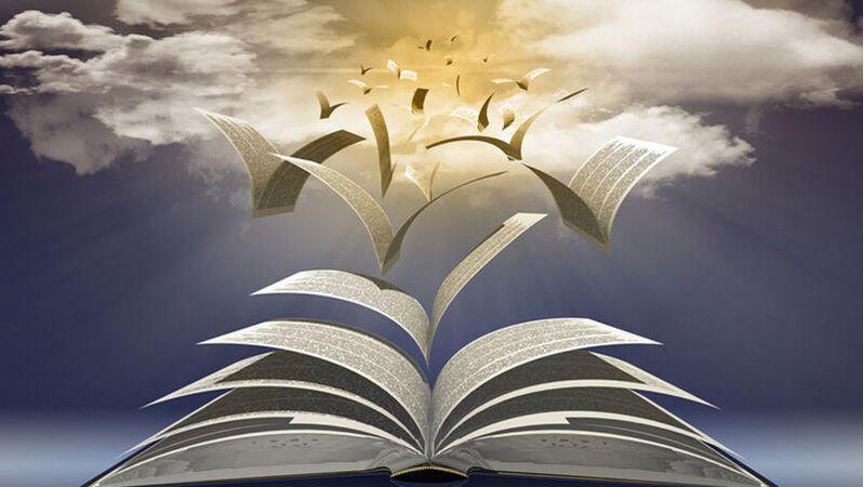
During this period when the body cannot travel far, nothing nourishes the spirit more than reading. A gentleman is cautious when alone, and it is appropriate to read when alone. May I ask if anyone has recently read a good book that they couldn't put down? Have you had the opportunity to share your thoughts on a good book with family or friends?
As of today, the friends at Daobo have read nearly ten good books together and shared their thoughts seriously. For office workers who usually leave early and return late, completing the reading of ten good books within half a year is not an easy task.
The spring of 2020 is about to pass, and what truly protects you is not the mask, but the growing knowledge muscle.
To match this moment in time, the editor of Daobo specially presents a private book list. I hope everyone can accompany good books in this special post-pandemic era and beautify life with the fragrance of books.
1. "Antifragile"
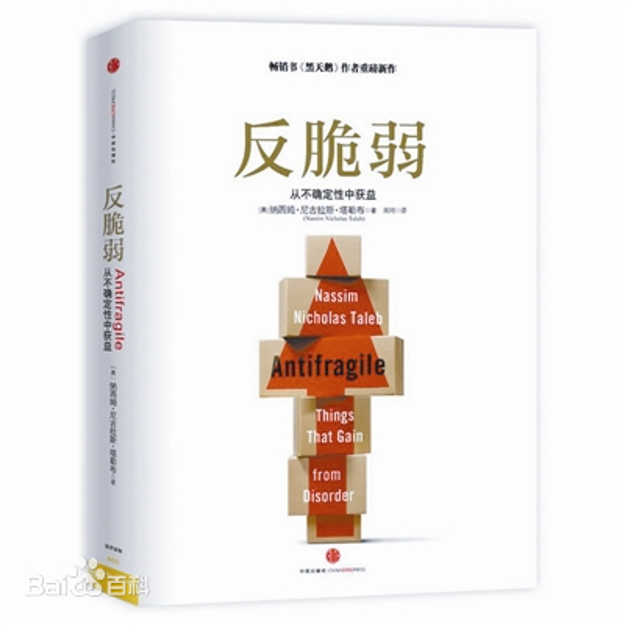
If you believe in the unusualness of the Year of the Metal Rat, you might as well read Taleb's "Antifragile". Our world is not solid; it is extremely fragile. Modernization is not the antidote; the world has become a more closely connected whole, where pulling one thread can affect the entire fabric. The outbreak of the coronavirus across the country may only require an uncontrolled flight, whereas in the 18th century, it would take half a year. The antonym of fragile is not strong or resilient, but antifragile.
The essence of "Antifragile" is how to benefit from uncertainty. Companies that rely on offline traffic will suffer heavy losses during this pandemic. But just like the Titanic incident led to a comprehensive reflection in the shipbuilding industry, saving countless lives, you can also strengthen yourself through "overcompensation," "reasonable intervention," "barbell strategy," and "asymmetry." Because, compared to today, you really don't know which will come first, tomorrow or the virus.
2. "The Heart: The Nature of Good and Evil"
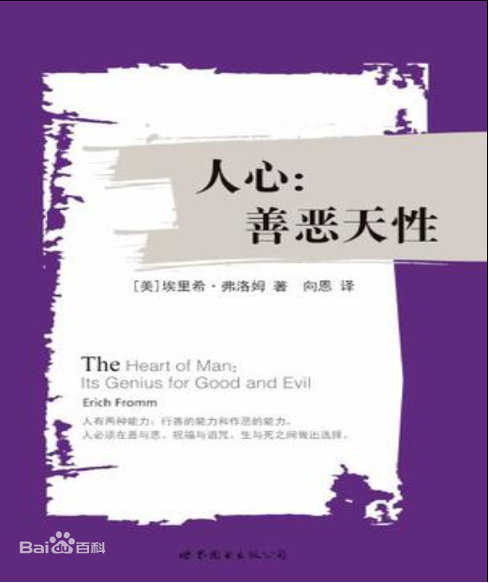
For a time, a large number of "bandit-style" epidemic prevention videos appeared online. Some villages dug a deep trench at the entrance and posted a warning sign saying "No entry for returnees from Wuhan," with several fully armed villagers guarding it. Even more sadly, such videos received tens of thousands of likes. Some people shouted "Hang in there, Wuhan!" online, but turned around and feared their neighbors from Wuhan like they were snakes and scorpions. When faced with the pandemic and feeling at a loss, how do we define behavioral boundaries, how far is the distance between good and evil, and how do we make choices between blessing and cursing?
Here I recommend the classic psychology book "The Heart: The Nature of Good and Evil," the last work of psychoanalyst Erich Fromm. Fromm rejected the dichotomy of good and evil, believing that "the correct understanding should regard both possibilities as real potentials," and studied the conditions under which they both appear. This book is written in a simple and easy-to-read manner, providing clarity for the present.
3. "One Hundred Years of Solitude"
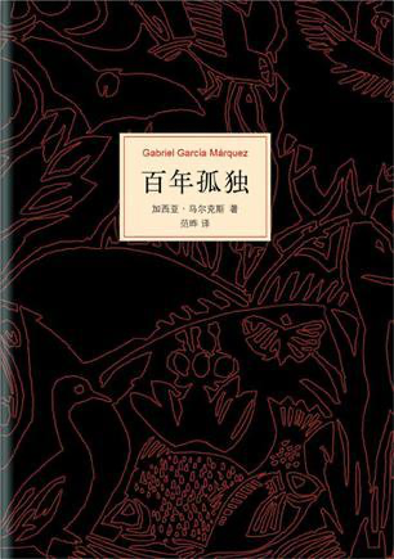
This is a work of magical realism that depicts the legendary story of seven generations of the Buendía family and the rise and fall of the town of Macondo on the Caribbean coast over a century, reflecting the tumultuous history of Latin America over the past century. The author incorporates mythical legends, folk tales, religious allusions, and other mysterious elements, skillfully blending reality and fantasy to present a magnificent imaginative world. Historical stories are always remarkably similar; amidst the crowd, through the power of reading, each of us courageously exists in our small yet great way, moving towards the only dream that belongs to us in this world!
4. "The Three-Body Problem"
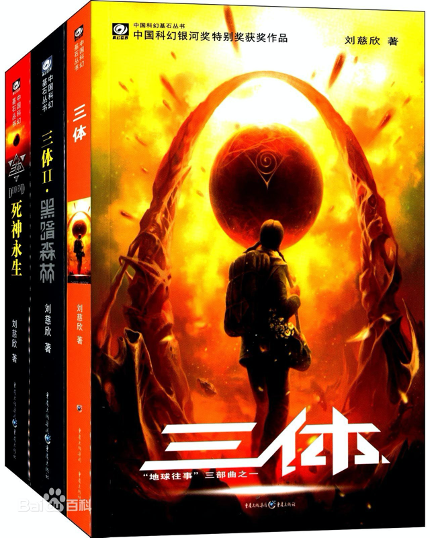
Those who have encountered this book will inevitably recall a classic line from it during this pandemic – "Weakness and material are not obstacles to the existence of civilization; arrogance is."
In the Three-Body crisis, humanity made considerable technological progress through relying on past achievements while being locked down by basic science, but mainly at the application level rather than the theoretical level. However, this reliance on past achievements led Earth civilization to gradually become arrogantly self-assured, believing that Earth technology had far surpassed Three-Body technology, while completely ignoring the gap in theoretical foundations. Humanity ultimately faced a disastrous defeat, with 2,000 spaceships ultimately creating a grand fireworks display.
This book tells the story of the information exchange between human civilization and Three-Body civilization, the life-and-death struggle, and the rise and fall of the two civilizations in the universe. This book was selected for the "70 Classic Novels of New China in 70 Years" in 2019, leading readers to open their minds and enjoy a free and exhilarating journey through the infinite vastness of the universe.
5. "The Psychology of Procrastination"
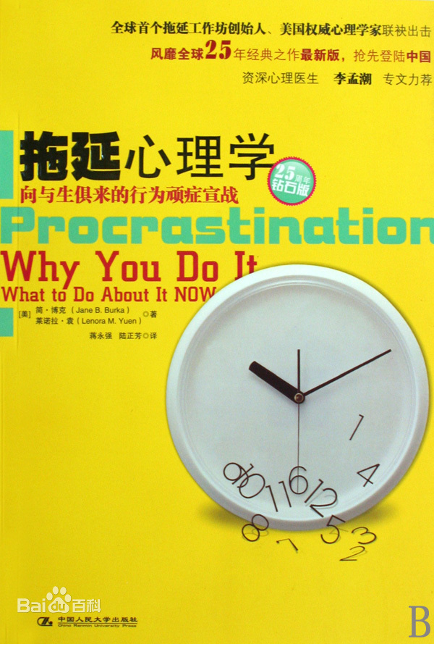
Many people, taking advantage of the pandemic, continue to procrastinate on things they should do. It is fine to postpone many things until after the pandemic, but living a better life cannot be postponed until after the pandemic. We should be grateful that we can live safely and healthily, and even in the present, we can live a wonderful life! The two authors of this book, based on their highly praised and pioneering procrastination workshops and drawing from rich theories and experiences in various fields of psychological counseling, have conducted a careful, detailed, and sometimes humorous exploration of procrastination. The authors provide a series of solutions for achieving goals, managing time, seeking support, and dealing with stress to overcome procrastination. Their solutions are highly practical and have been tested in practice. Additionally, this book offers many practical suggestions for those living and working alongside procrastinators, making it widely applicable.
6. "Coping with Anxiety"
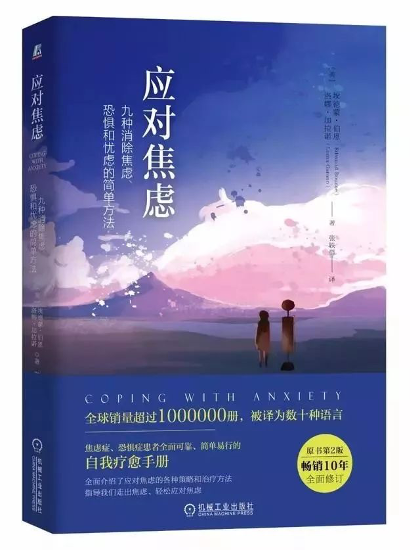
During special times, everyone inevitably experiences more anxiety and panic than usual. It might be a good idea to take this time to read "Coping with Anxiety" to understand the nature of anxiety and master methods to cope with it.
As the times develop, anxiety seems to become more prevalent. How to cope with anxiety has become a common issue for contemporary people. This book condenses 20 years of treatment results for anxiety disorders and provides nine simple methods to help us break free from anxiety and regain a peaceful and happy life. Through this book, we will gradually gain an understanding of the nature of anxiety, learn about the causes of anxiety, recognize the types of anxiety, and master methods to cope with anxiety. The most effective way to overcome anxiety is to face anxiety itself, bringing ourselves back to the present, and not being entangled by negative thoughts about the future.
7. "Learning to Eat"
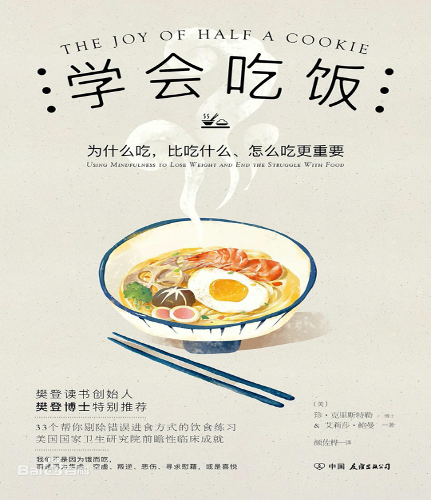
Due to the pandemic, many friends are eating a variety of foods at home. The core of this book is the mindfulness eating method, which guides us to think about why we eat, rather than limiting ourselves by asking why we cannot eat or what we should eat. Much of the suffering in life comes from excessive attachment to what we desire, while fearing things that may cause problems. Mindfulness allows us to notice our overreactions and consider other possibilities, letting go of some struggles. The book contains 33 mindfulness eating exercises to help us reconnect with our bodies, emotions, and desires, regain inner peace, eliminate incorrect eating patterns, discover new life possibilities, face food with a healthier attitude, let go of struggles, and achieve a more liberated life.
8. "The Life-Changing Magic of Tidying Up"
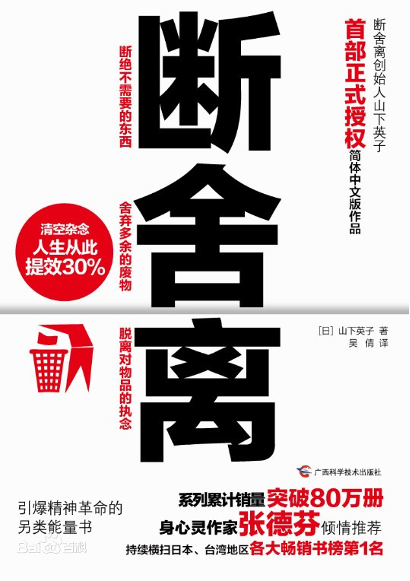
Some say that truly happy people live a minimalist life. During the pandemic, many friends have done a thorough cleaning of their homes. Subtract from life to add to life; remove unnecessary things to make the more important things better, and life will become more genuine and relaxed.
"The Life-Changing Magic of Tidying Up" is an advanced book on minimalism, mainly discussing the concept introduced by Japanese decluttering consultant Marie Kondo: "discarding" means not buying or keeping unnecessary things, "letting go" means getting rid of useless items piled up at home. "Separation" means giving up the obsession with material things, allowing oneself to be in a spacious, comfortable, and free space. This book records the specific process of how to achieve decluttering—from the thought patterns of discarding, letting go, and separating to understanding the philosophy of decluttering and truly practicing it.
Is there a book among these that excites you, making you eager to open and read it? If so, take action quickly! Usually, we read to cultivate our character, and during difficult times, reading can help us stay calm and clear-headed, giving us the courage and strength to overcome challenges! Let's cheer each other on!
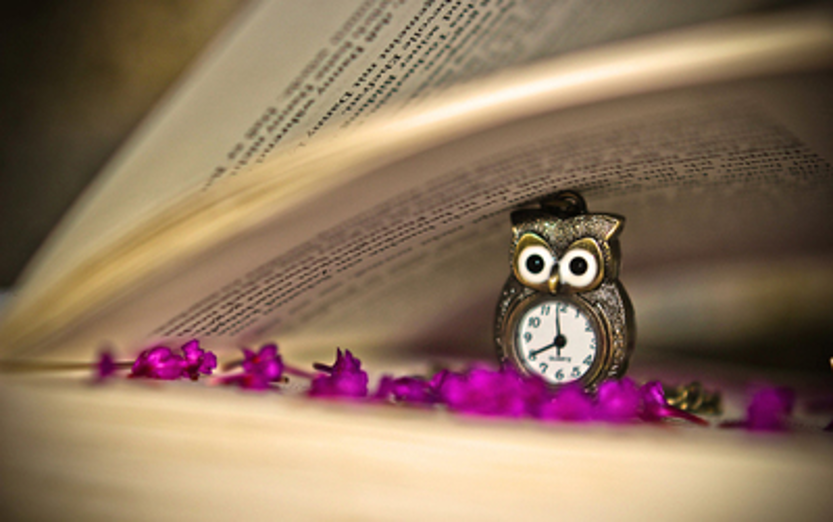
Let's read together, the more we read, the wiser we become!
Previous:
Previous
RelatedInformation
The year 2005, the inaugural year of Da Bo Yuan, Sanya Annual Conference.
Sanya - First Company Annual Meeting
Investigation of the Qinghai-Tibet Railway and Qinghai Routes
In 2007, accompanied by family and friends, I went to Yunnan for an inspection.
Lijiang - Shangri-La - Jianshui - Yuanyang - Kunming

